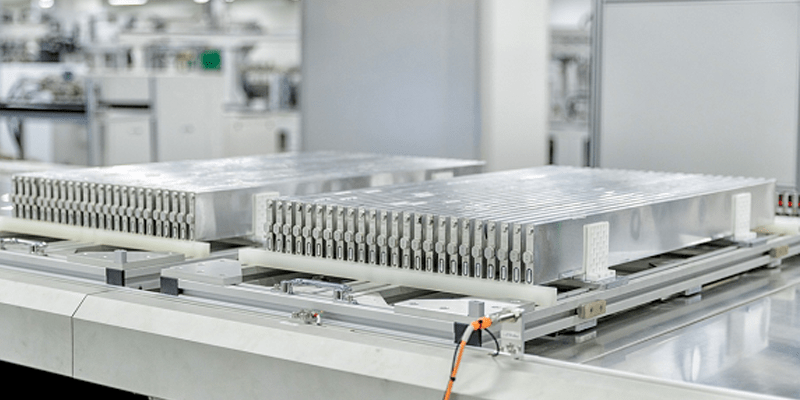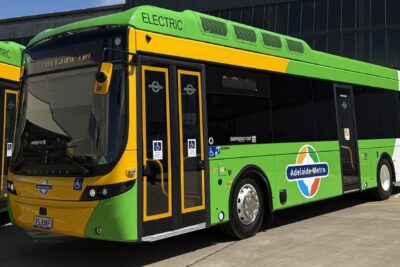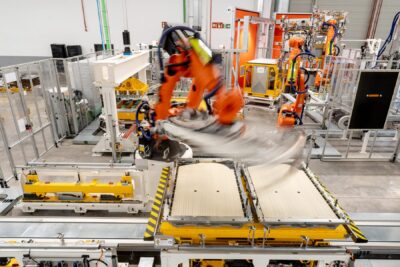Tesla rumoured to have ordered battery cells from BYD
The rumour that Tesla will also use blade batteries from BYD with LFP cells from the second quarter of 2022 onwards has received new food for thought: According to Chinese media, BYD has now received an initial order from Tesla for LFP battery cells with a volume of 10 GWh.
Unlike the first reports from the summer, according to which Tesla was already in the “C-sample test phase” with the BYD batteries, the current rumours are no longer about the installation of the cells in Tesla’s planned new entry-level model, which is often referred to as the “Model 2”.
As Chinese media write, citing reporter Xu Hao of the Financial Associated Press, the alleged order for 10 GWh of the blade batteries is said to be for the standard range variants of the Model 3 and Model Y built in China. BYD did not want to comment on the information when asked.
It is also fitting that Tesla announced in the context of its most recent financial results that it will switch these standard-range models to LFP batteries worldwide. Until now, Tesla has relied on LFP cells from CATL for the standard range models built in Shanghai. The standard-range Model 3 built in the US, on the other hand, still uses round cells like the all-wheel-drive variants with a larger battery.
The MiC Model 3 SR+ currently has a 55 kWh LFP battery. The Model Y SR, which is currently only sold in China, has 60 kWh. Such a version could also be imported into the EU – but this has not yet happened. With the 10 GWh, more than 160,000 battery packs with 60 kWh each could be built.
However, since BYD’s blade battery has a special form factor of cells – they are very long and narrow, hence the “sword” designation – it is possible that a pack with blade batteries will have a different energy content than the LFP battery pack with CATL cells. According to earlier reports, the Tesla batteries with CATL cells come to an energy density of 126 Wh/kg, but the blade batteries come to 150 Wh/kg.
In addition to the cobalt-free cell chemistry (as with all LFP cells), the blade batteries are also said to offer low costs. The portal PushEVs writes of “an estimated 55 euros per kilowatt-hour”, or 64 dollars/kWh. BYD itself also repeatedly emphasises the high safety of the blade battery compared to other lithium-ion batteries. Later, BYD stated in another announcement that the battery should last 1.2 million kilometres or 3,000 charging cycles.
cls.cn (in Chinese), pushevs.com, cnevpost.com





0 Comments